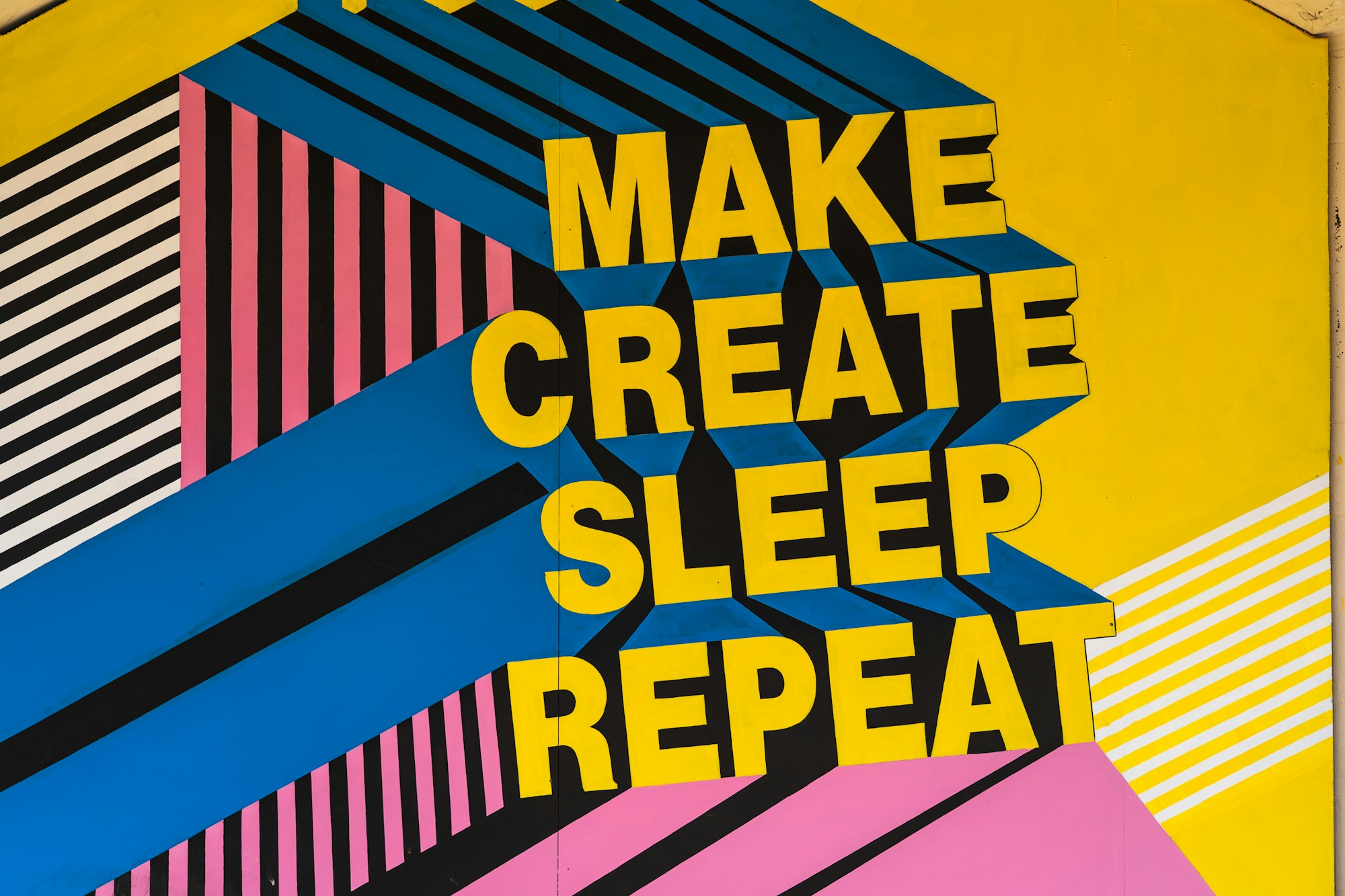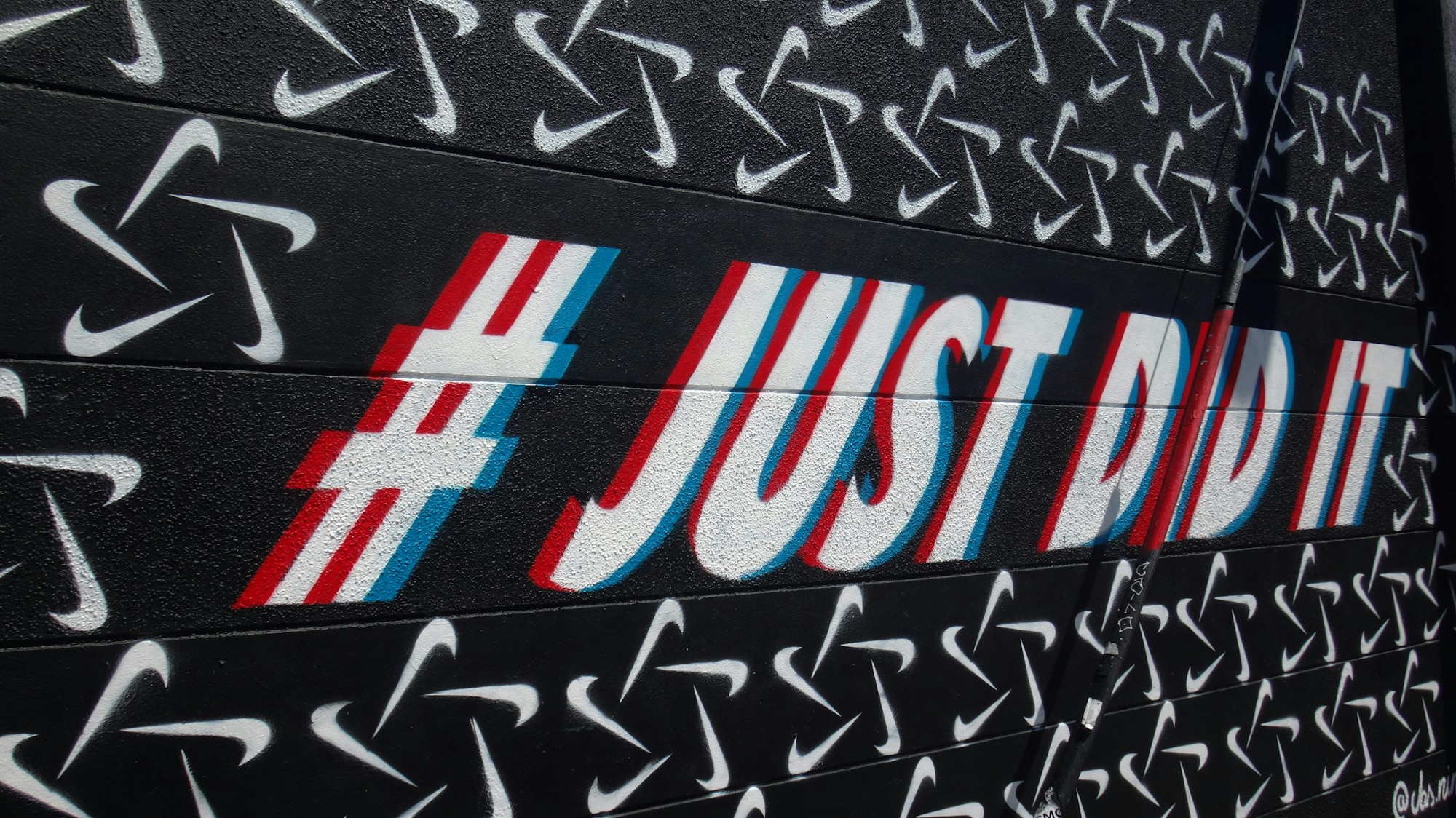Slogan Vs Tagline: What Sets Them Apart?
Dive into the world of branding and marketing to understand the critical differences between slogans and taglines. Explore their impact on your business identity.

What Is A Slogan And A Tagline
A slogan and a tagline are both crucial branding elements that businesses use to convey a powerful message and establish a memorable connection with their target audience.
While they may seem similar, there are distinct differences between the slogans and taglines.
It is often used to evoke emotions, create a lasting impact on customers, and differentiate a company from its competitors.
It serves as a concise representation of the brand's core values, mission statement, and overall identity.
Unlike a slogan, a tagline tends to be more timeless and can be used across various marketing materials and campaigns.
The debate of slogan vs tagline is a common one in the marketing industry, as both are powerful tools that can help businesses establish a stronger connection with their target market.
Purpose Of Slogan And Tagline
A slogan and a tagline both serve the purpose of expressing a company's mission, values, and marketing campaigns.
They are concise phrases that encapsulate the essence of a brand and create an emotional connection with its target audience.
Slogans are used in various marketing materials, such as advertisements and promotional campaigns, to reinforce the brand's identity and message.
It is often used to capture the attention of the target market and differentiate a brand from its competitors.
Taglines highlight the unique selling points of a company and create a stronger connection with consumers.
Similarities Between Slogan And Tagline
Slogans and taglines, although distinct in their purpose and usage, share several similarities as effective branding tools.
Both slogans and taglines are short, memorable phrases that aim to convey a brand's message or appeal to its target audience.
These succinct and catchy statements serve as powerful marketing tools that create a lasting impression on consumers.
Whether it's a business slogan or a memorable tagline, both are designed to capture attention and differentiate a brand from its competitors.
They are essential in building brand recognition and recall, leaving a strong imprint in the minds of customers.
Furthermore, both slogans and taglines play a crucial role in conveying the core values, mission, and unique selling points of a company.
They encapsulate the essence of a brand's identity and encapsulate its key message in a concise and impactful manner.
Differences Between Slogan And Tagline
A slogan and a tagline are both important branding elements, but they serve different purposes and have distinct impacts on customers.
A slogan is a short and catchy phrase that represents a business or its products/services.
It is typically used in marketing campaigns to create a lasting impression on the target audience.
Slogans are designed to be memorable and evoke emotions or create a connection with consumers.
They often reflect the company's mission statement or core values and can be used across various marketing efforts.
Slogans are more long-term and have a broader scope, often becoming synonymous with the company's brand.
On the other hand, a tagline is a concise and memorable phrase that focuses on a specific campaign or a single product.
It is more flexible than a slogan and can be changed or updated more frequently.
Taglines are often used to reinforce the brand's message or make a powerful statement about a specific offering.
They are designed to capture the attention of the target market and create an emotional connection that motivates consumers to take action.
Target Audience
Before developing slogans and taglines, businesses need to identify their target market – the specific group of people who are most likely to be interested in their products or services.
Understanding the target audience helps in creating slogans and taglines that resonate with their interests, needs, and preferences.
A catchy slogan or memorable tagline that speaks directly to the target audience can have a significant impact on their perception of the brand and their decision-making process.
Who Is The Target Audience For Slogans?
The target audience for slogans is the potential clients or customers of a brand or business.
Slogans are aimed at capturing their attention and piquing their interest in the brand’s products or services.
To effectively address the target audience, slogans should be written with their preferences and needs in mind.
This means using language that resonates with them and speaks to their desires or pain points.
A catchy slogan can make a brand stand out from its competitors and effectively define the brand's offer in the minds of consumers.
Slogans are often used in marketing campaigns to create a memorable phrase that helps solidify the brand presence in the minds of the target audience.
These slogans should be memorable and easily recalled by consumers, making them more likely to remember the brand or consider it when making purchasing decisions.
Business slogans can be a powerful tool in connecting with consumers and establishing an emotional connection.
They can convey the core values and mission statement of a company, helping to build trust and loyalty.
Who Is The Target Audience For Taglines?
Taglines play a crucial role in communicating the essence of a brand and differentiating it from competitors.
The target audience for taglines consists of consumers who are looking for products or services that align with their needs and values.
These taglines are designed to capture the attention of the target audience and convey the brand's unique selling proposition.
Understanding the target audience's problems, desires, and needs is essential in creating taglines that appeal to them and resonate with their emotions.
By addressing these pain points, taglines can establish a connection with the audience and demonstrate how the brand can provide a solution or meet their desires.
The repetition of taglines in marketing materials and advertising campaigns strengthens the association between the brand and the tagline in the minds of consumers, leading to increased brand recognition and recall.
Furthermore, taglines help reinforce the core values of a brand.

Crafting A Slogan Or Tagline
Crafting a slogan or tagline is an essential part of a brand's marketing efforts.
These short and memorable phrases serve as powerful tools for informing a brand's message and establishing a connection with its target audience.
While both slogans and taglines aim to capture the essence of a brand and leave a lasting impression, there are distinct differences between the two.
Identifying Your Message
Identifying your message is a crucial step in crafting a powerful slogan or tagline that resonates with your target audience.
This process involves aligning your core values, and mission statements, and understanding your target audience's needs and desires.
Begin by examining your core values and mission statements. Identify the principles and beliefs that drive your business or brand.
These values will create the foundation for your message and help shape your slogan or tagline.
Next, analyze your target audience.
Understand their demographics, preferences, and aspirations. What do they want and need from your product or service?
Consider how your core values and mission statements align with your target audience's values and aspirations.
Once you have a clear understanding of your core values and target audience, articulate the main message or purpose you want your slogan or tagline to convey.
It should be concise, memorable, and evoke an emotional connection with your audience.
It should differentiate you from competitors and convey the essence of your brand.
Remember, your slogan or tagline is a powerful tool that can create a lasting impression on your target audience.
Choosing Words Wisely
When crafting a slogan or tagline, choosing words wisely is of utmost importance.
Your choice of words can have a significant impact on the overall message and how it resonates with your target audience.
Catchy phrases and memorable slogans are more likely to stick in people's minds and be recalled when they think of your brand.
By selecting the right words, you can create a powerful message that grabs attention and leaves a lasting impression.
Consider the tone you want to convey – whether it's serious, lighthearted, or aspirational – and select words that align with that tone.
Another strategy is to focus on creating an emotional connection with your audience.
The words you choose should evoke feelings and create an association between your brand and positive emotions.
A well-crafted slogan or tagline can establish a strong connection with consumers and make them feel connected to your brand.
Creating A Catchy Phrase Or Sentence
Creating a catchy phrase or sentence for a slogan or tagline is a highly strategic and creative process.
The key is to capture the essence of your brand and leave a memorable impression on your target audience.
A catchy phrase should be short, simple, and easy to remember. It should effectively convey the core values and mission statement of your brand.
Incorporating poetic devices such as rhymes, alliterations, or puns can make it more engaging and help it stand out from the competition.
When crafting your catchy phrase, think about the emotions you want to evoke in your audience. Is your brand lighthearted and fun?
Serious and professional? Inspirational and aspirational? Tailor your language to align with the desired emotional connection.
Remember, the goal is not just to create a phrase or sentence that sounds good, but one that resonates with your target market and strengthens their connection to your brand.

Examples Of Successful Slogans And Taglines
Slogans and taglines are powerful tools in marketing campaigns that can create a lasting impact on customers.
When designed effectively, they can establish a strong connection with consumers and enhance a brand's identity.
Some popular slogans and taglines have become iconic and are instantly recognizable.
For example, the catchy slogan "The best a man can get" from Gillette resonates with its target audience and communicates the brand's commitment to providing high-quality shaving products.
Similarly, credit card company Visa's famous tagline "It's everywhere you want to be" appeals to customers by highlighting the convenience and accessibility of their services.
Famous Taglines In Advertising
Famous taglines in advertising are powerful tools that instantly bring a brand to mind.
These catchy phrases have become ingrained in popular culture and have a significant impact on brand recognition and customer loyalty.
One example of a famous tagline is Nike's "Just do it." This simple yet powerful phrase instantly connects with consumers, inspiring them to push their limits and pursue their goals.
Whenever someone hears or sees the tagline, they immediately think of Nike's athletic gear and the brand's commitment to excellence.
Disneyland's tagline, "The happiest place on earth," is another famous example.
This tagline evokes a sense of joy and nostalgia, instantly transporting people to the magical world of Disney.
It showcases Disneyland's commitment to creating unforgettable experiences for visitors of all ages.
Capital One's tagline, "What's in your wallet?" is both persuasive and memorable.
It sparks curiosity and positions Capital One as a reliable credit card company with a wide range of benefits for its customers.
These famous taglines have become integral parts of their respective brands' marketing campaigns.
They create an emotional connection with consumers and reinforce core values, making the brand more relatable and trustworthy.

Final Thoughts
The strategic use of taglines and slogans is a crucial element in capturing the attention of the target audience and making a lasting impact.
Crafting catchy and impactful phrases like Nike's "Just do it," Disneyland's "The happiest place on earth," and Capital One's "What's in your wallet?" are essential in successful marketing campaigns.
These famous taglines not only generate immediate recognition and recall but also create emotional connections and reinforce core values.
Business owners and marketers should recognize the importance of developing catchy and memorable taglines that resonate with the target market.
These phrases have the power to leave a lasting impression and become synonymous with the brand, elevating the company's marketing efforts to new heights.
Slogan Vs Tagline FAQ
Can you provide examples of slogans and taglines?
- Nike: "Just Do It"
- Apple: "Think Different"
- McDonald's: "I'm Lovin' It"
- Coca-Cola: "Open Happiness"
- IBM: "Think"
- Volkswagen: "Das Auto" (The Car)
- Pepsi: "Live for Now"
- AT&T: "Your World. Delivered."
- Disney: "The Happiest Place on Earth"
- L'Oréal: "Because You're Worth It"
What are the uses of a slogan and a tagline?
- Brand Identity: Slogans and taglines help establish and reinforce a brand's identity. They encapsulate the brand's personality, values, and mission in a concise and memorable way, making it easier for consumers to connect with the brand.
- Memorability: A well-crafted slogan or tagline is memorable and can stick in the minds of consumers. This makes it more likely that people will remember the brand and its message, leading to increased brand recognition and recall.
- Communication: Slogans and taglines are a form of communication. They convey a brand's essence, unique selling points, or key messages succinctly. They can tell consumers what a brand is about and why they should care about it.
- Marketing and Advertising: Slogans and taglines are a vital part of marketing and advertising campaigns. They can be used in advertisements, on packaging, and in various promotional materials to grab attention and create interest in a product or service.
- Brand Differentiation: In a competitive marketplace, a memorable slogan or tagline can help a brand stand out from its competitors. It can highlight what makes the brand unique or what sets it apart from others in the same industry.
- Emotional Connection: Slogans and taglines can evoke emotions or create an emotional connection with the audience. This can help consumers relate to the brand and build loyalty.
- Consistency: Slogans and taglines provide a consistent message across different marketing and branding materials. This uniformity helps reinforce the brand's identity and message.
- Call to Action: Some slogans and taglines include a call to action, encouraging consumers to take a specific step, such as making a purchase, signing up for a service, or engaging with the brand on social media.
- Reputation Building: Over time, a well-known and trusted slogan or tagline can contribute to a brand's reputation and credibility.
- Product or Service Explanation: Slogans and taglines can explain what a product or service does or how it benefits the consumer in a concise manner.

